Publications
Articles, publications, books, tools and multimedia features from the U.S. Institute of Peace provide the latest news, analysis, research findings, practitioner guides and reports, all related to the conflict zones and issues that are at the center of the Institute’s work to prevent and reduce violent conflict.
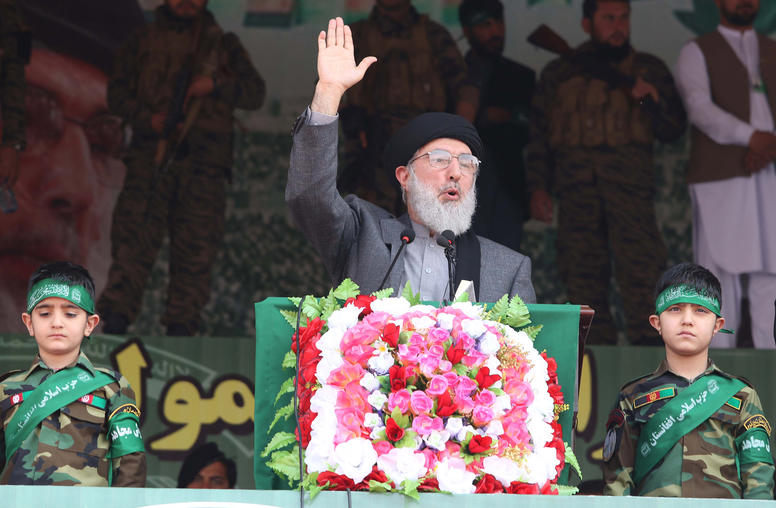
How Peace Was Made: An Inside Account of Talks between the Afghan Government and Hezb-e Islami
The September 2016 peace accord between the Afghan government and the Hezb-e Islami militant group has been regarded as a first major step toward restoring Afghanistan to a state of peace. This Special Report provides a firsthand account of the protracted negotiations that led to the agreement—and offers important insights for how similar talks might proceed with the Taliban.

Sarhang Hamasaeed on the Challenges Facing Iraq’s New Government
USIP’s Sarhang Hamasaeed says, “Iraq is at its best state in the last five years. The country is recovering from an existential fight with ISIS … and the Kurds are now back in Iraq’s politics and more involved.” Yet, many Iraqis remain disenchanted with the country’s political leaders and are skeptical of the government’s ability to deliver services, security, and jobs.
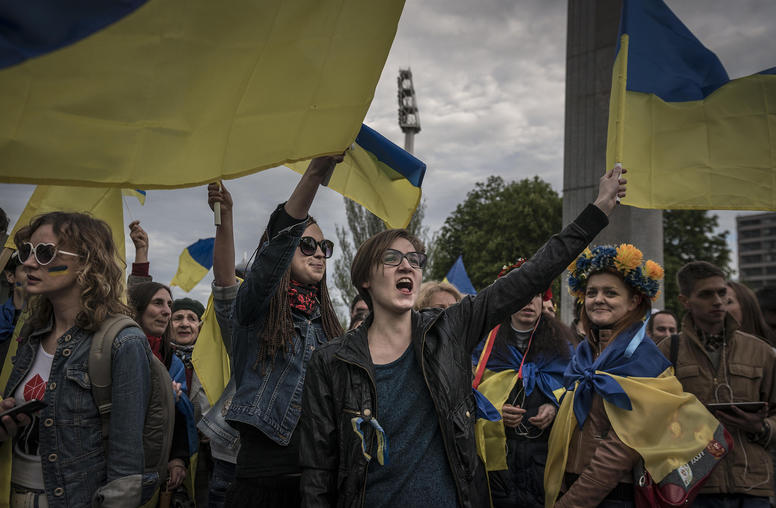
What’s at Stake in Ukraine’s Presidential Polls?
Over 35 million Ukrainians are eligible to choose their next president on March 31. However, several million voters in Russia-annexed Crimea and rebel-held parts of east Ukraine will not be able to vote, demonstrating how the conflict with Moscow looms large over these elections.
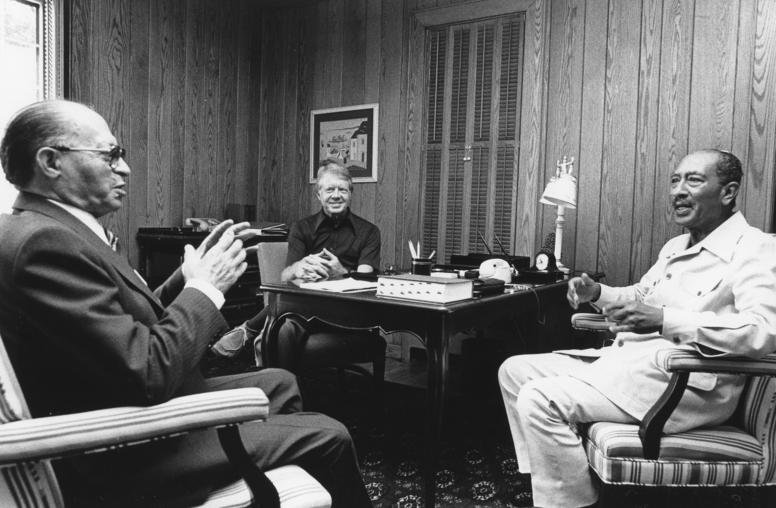
Middle East Peace: What can we Learn from Camp David 40 Years Later?
March 26 marks the 40th anniversary of the signing ceremony of the Egypt-Israel peace treaty that resulted from the Camp David Accords. Negotiated by Israeli Prime Minister Menachem Begin, Egyptian President Anwar Sadat and U.S. President Jimmy Carter, the treaty has been a cornerstone of regional security and U.S. strategy in the Middle East.

Amb. Bill Taylor on Russia’s Annexation of Crimea
On the five-year anniversary of Russia’s annexation of Crimea, Amb. Taylor—a former U.S. ambassador to Ukraine—explains why it has been so difficult for Ukraine and its allies to oust Russia from the Ukrainian territory. “Sadly … the people of Crimea are worse off than they were five years ago,” while the West continues to struggle with how to respond to Moscow’s territorial grab.
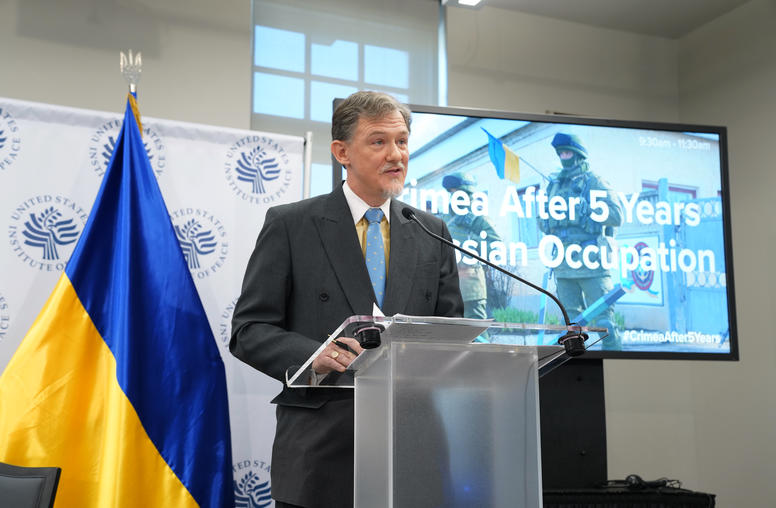
Crimea Seizure: A Policy Struggle Five Years Later
Five years after Russian forces took Crimea from Ukraine, the international community is still struggling with how to respond to a major power seizing another country’s territory for the first time since World War II and the founding of the United Nations, a senior State Department official said.
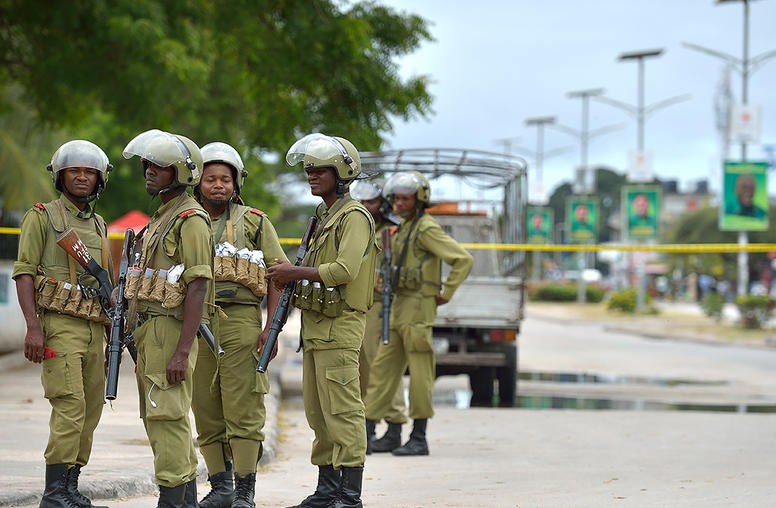
Violent Extremism and Community Policing in Tanzania
After the 1998 bombing of the U.S. embassies in Dar es Salaam and Nairobi and the increasing presence of al-Shabaab in nearby countries, Tanzania turned to community policing as a way of responding to the threat of violent extremism. But is it having the desired outcome? This new report, based on workshops and interviews with police, community leaders, and others, examines the challenges and potential of community policing in addressing Tanzania’s public safety and security concerns.
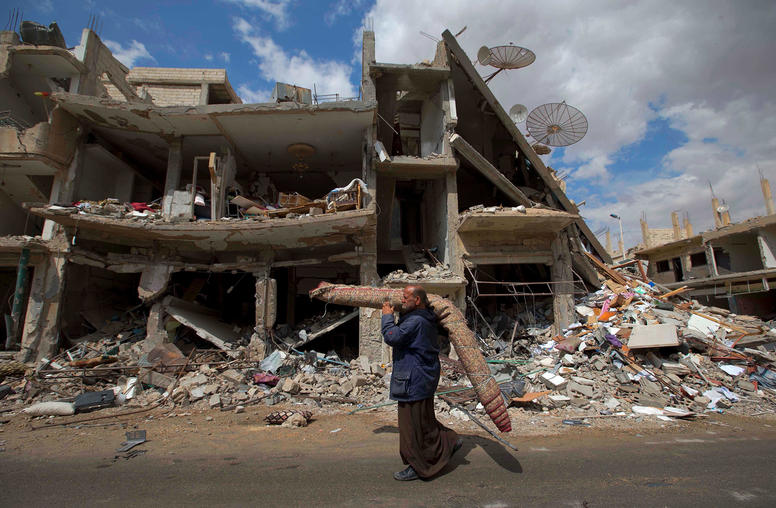
The Fatemiyoun Army: Reintegration into Afghan Society
Since 2013, as many as 50,000 Afghans have fought in Syria as part of the Fatemiyoun, a pro-Assad force organized by the Iranian Revolutionary Guards Corps. Based on field interviews with former fighters and their families, this Special Report examines the motivations of members of the Afghan Shia Hazara communities who joined the Fatemiyoun as well as the economic and political challenges of reintegrating them into Afghan society.

Patricia Kim on North Korea Diplomacy
Patricia Kim analyzes the failure of the Hanoi Summit. “China should lean in,” says Kim discussing the spectrum of tools Beijing has available from diplomacy to unilateral sanctions. In future negotiations, the U.S. should focus on “hammering out a clearly defined and time bound roadmap that ends with the de-nuclearization of North Korea.”

What Can Make Displaced People More Vulnerable to Extremism?
As the international community works to prevent new generations of radicalization in war-torn regions, debate focuses often on the problem of people uprooted from their homes—a population that has reached a record high of 68.5 million people. Public discussion in Europe, the United States and elsewhere includes the notion that displaced peoples are at high risk of being radicalized by extremist groups such as ISIS. Scholars and peacebuilding practitioners have rightly warned against such generalizations, underscoring the need to learn which situations may make uprooted people vulnerable to radicalization. A new USIP study from Afghanistan notes the importance of specific conditions faced by displaced people—and it offers indications suggesting the importance for policy of supporting early interventions to stabilize the living conditions of displaced people after they return home.